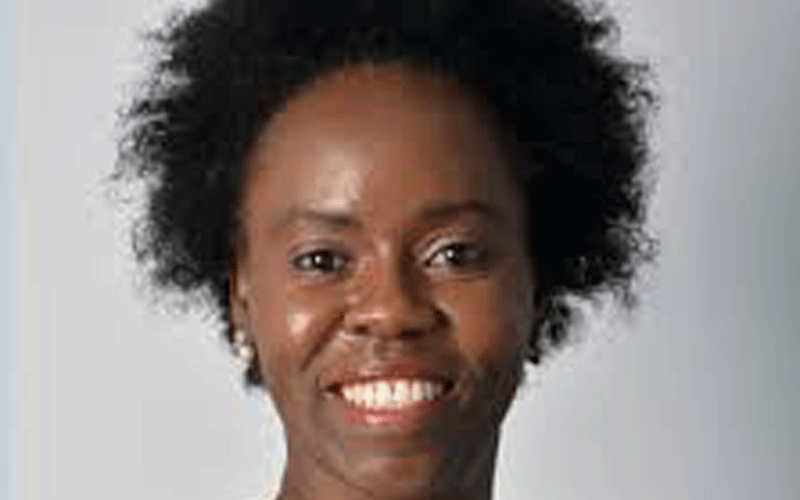Remote learning discriminatory to children with special needs

Evelyn Makena @evemake_g
Before schools closed this year due to coronavirus, Jaki Mathaga’s son knew that he had to get ready every morning for school.
Saturdays for him meant having family activities while Sunday was the day to go to church. As a 14-year-old living with autism, Jaki’s son is a stickler for routine.
But since the outbreak, it has been completely difficult to predict what comes next leaving him completely frustrated.”
It has been very difficult trying to get him to adjust to a different routine,” says Jaki, a disability sensitivity trainer.
With schools across the country closed, Jaki is among dozen parents that have been thrust in the deep end of homeschooling a feat that is difficult for many, but even so for parents whose children have special needs.

For many schools, learning has shifted online as learners await learning institutions to re-open next year.
Isaack Mwaura, Nominated senator representing people living with disability notes that even as government has announced different measures to keep learners engaged during this break nothing has been said on how children with special needs will be catered for.
“There has not been any programme for special needs children. It is not fair for children with special needs and something needs to be done,” he says.
Remote learning that is reliant on technology leaves out learners with disability who may need extra resources like the braille for the blind.
“Several digital contents shared across the learning portals and sources are incompletely inaccessible.
Talk of the PDF files, Microsoft Word documents, audios and videos. The websites and portals are not user friendly in terms learners with special needs.
The visually impaired and the deaf for example have missed a lot and cannot consistently follow the ongoing online learning as the content are not easy to use,” says Peter Okeyo, Programs Manager, in ABLE a non-governmental organisation that supports the visually impaired.
Besides, children with neurodevelopmental disorders like Jaki’s son require personal attention from teachers, do not benefit from online learning. 
For Jaki even though the school her son attends has been offering online learning she has opted to concentrate teaching him skills to make him self-sufficient because she is not equipped to offer special education.
“There is generally a gap in handling children with neurodevelopmental challenges in schools and at home because the knowledge base on their needs is very low,” says Mwaura.
He adds that itinerant teachers who move from one school to another to support children with special needs may not be able to serve children at their home place during this period thus excluding these learners.
Due to high costs of running special needs classes, Mwaura says that some private schools that were offering inclusive education have closed down these classes in a bid to cut expenses.
This essentially means that these learners have to transfer to new schools.
With schools closed, labelling a process that identifies learners with special needs in specific categories of disability has stalled.
“There is a backlog of children that need to undergo labelling since nothing has been done since schools closed,” says Mwaura.
Labelling empowers teachers to offer the right kind of support to learners with disability.
Assistive technologies
The disability advocate cites the high special needs teachers to learner’s ratio as another challenge that is impeding their access to learning during this period, especially given that they have to develop individual lesson planning for children with disabilities.
A motion tabled by the senator during the 11th parliament to increase the number of special needs trainers flopped.
The motion, named Teacher Aid Scheme, was proposing for government to hire and pay teacher aid working in special schools rather them being hired on ad hoc basis by school boards as is currently the case.
The Sector Policy for Learners and Trainees launched by President Uhuru Kenyatta in 2018 recognises the need for introduction of assistive devices and technologies to facilitate mobility and social inclusion for students with disabilities, but Mwaura notes that its implementation has been slow.
To improve access to learning materials for children with visual impairment, inABLE is currently involved in the process of digitization of books.
They are creating accessible learning materials in Word, PDF and Epub formats, which the visually impaired learners will comfortably read.
The organisation is providing portable laptops with the accessible learning material for the visually impaired.




